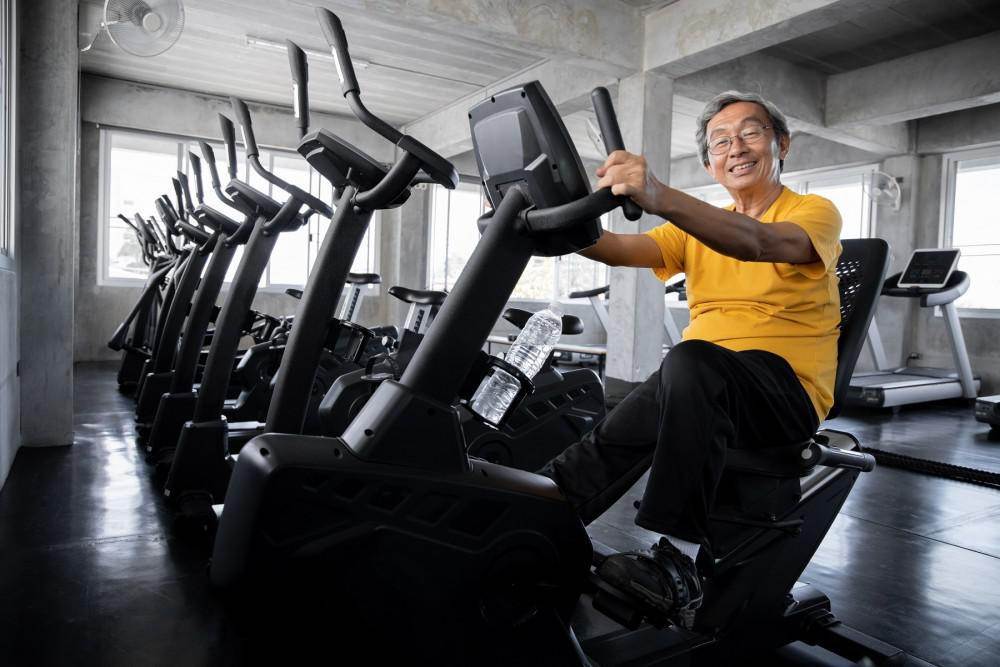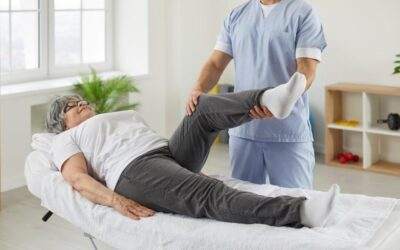Osteoarthritis (OA) affects millions of Americans, causing pain, stiffness, and reduced range of motion that interferes with your quality of life. OA is a progressive, degenerative condition that happens when the cartilage layer that protects your joint starts to wear away, causing friction and inflammation inside your joint.
OA typically happens in older people as a result of years of wear-and-tear, but it can also happen in younger people who put a lot of strain on their joints. While OA often involves the weight-bearing joints, it can affect any joint, including the joints in your feet and your spine.
At Pacific Pain and Regenerative Medicine, Hasan Badday, MD, is a leading and trusted provider of arthritis treatment for women and men in Los Angeles and Irvine, California. As part of Arthritis Awareness Month, Dr. Badday is devoting this post to an overview of nine simple steps you can implement today that could help relieve your symptoms and slow the progression of the disease.
Be more physically active
Regular exercise promotes joint health and relieves pain by reducing inflammation, decreasing stress, and distributing protective fluid throughout your joints. Choose activities you enjoy, like walking, bicycling, swimming, or dancing.
Avoid high-impact sports that increase strain on your joints, and incorporate plenty of stretching to strengthen the muscles and tendons that support your joints. Always warm up before exercise, and talk to Dr. Badday before beginning a new exercise routine.
Eat the right foods (and avoid the wrong ones)
Some foods help battle inflammation, a major factor in OA joint damage, while other foods trigger it. Focus on colorful vegetables and fruits high in antioxidants, along with plant proteins, nuts, and foods rich in calcium. Avoid prepackaged foods, processed foods, and foods high in sugars and unhealthy saturated and trans fats.
Lose those extra pounds
Every extra pound you carry around results in an additional four pounds of strain on your joints. Shedding those pounds decreases joint strain, reducing your risk of joint damage. Losing weight also decreases inflammation, a major factor in OA and other medical problems.
Quit smoking
Smoking affects your health in multiple ways. When it comes to arthritis, smoking increases inflammation, one of the major contributing factors to OA joint damage and painful OA symptoms. Plus, smoking interferes with healing. And of course, smoking affects your heart and lungs, making it harder to stay active.
Take steps to manage stress
Occasional stress is one thing, but if you feel stress on a regular basis, that’s chronic stress, and it’s a trigger for inflammation. Since inflammation increases joint damage in OA, learning to manage stress should definitely be on your to-do list when it comes to slowing OA progression.
Breathing exercises, yoga, and meditation are all good options, but so is setting aside a little time every day to do something you really enjoy.
Improve your sleep habits
Not getting enough sleep can also affect your joints and your OA symptoms. Data show that when people with OA don’t get enough sleep, they’re more likely to experience symptoms and those symptoms tend to be more severe.
Lack of sleep also increases inflammation in your joints, and poor sleep affects your ability to cope with your joint pain. If you’re having trouble getting the sleep you need to stay healthy, try these tips from the American Academy of Sleep Medicine.
Optimize your surroundings
Consider your daily routine: How many activities cause joint discomfort, and what can you do to alleviate that? Choosing loose clothing with fasteners that are easy to use, investing in an inexpensive “grabbing” device, installing a toilet rail or shower grab bar, and using a cane or walker to ease pain in your knees and hips are all good strategies for preserving joint health.
Make joint health a priority
Many people think osteoarthritis pain is an unavoidable part of getting older, but that’s not true. Taking steps to protect your joints can help you preserve your joint health and prevent chronic pain.
To learn how we can help you slow the progression of your OA, book an appointment online or over the phone with Dr. Badday and our team at Pacific Pain and Regenerative Medicine today.









